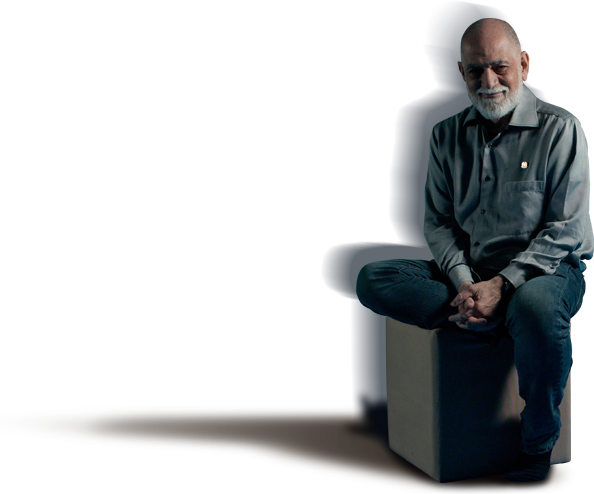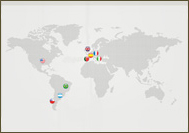Maestro encontré este artículo que me parece que podría resultarle interesante. Habla sobre varias civilizaciones que desaparecieron misteriosamente y menciona al Valle Indo, también menciona otras civilizaciones matriarcales. Espero que lo disfrute.
http://www.toptenz.net/top-10-civilizations-that-mysteriously-disappeared.php
Dimas Arias
_____________________
Once inhabiting an area about the size of western Europe in what is now Pakistan and western India, the Indus Valley or Harappan Civilization thrived from 3300 to 1300 BC, although the area was settled all the way back to 7000 BC. Despite being one of the largest ancient civilizations, not much is known about the Harappan civilization, mostly because their language has never been deciphered. We do know that they built over one hundred towns and villages including the cities of Harappa and Mohenjo-Daro, each of which was built with an organized layout, and a complex plumbing system with indoor toilets. Evidence suggests that the Harappan had a unified government and that there were no social classes. There is also no evidence of military activity so it is likely that they lived in peace. They were skilled astronomers and were well versed in agriculture, growing wheat, barley, peas, melons, sesame and cotton (becoming the first civilization to produce cotton cloth) and domesticating several animals including cattle and elephants.
Where did they go?
There are several theories as to what happened to the Indus Valley civilization. Some people believe that they declined because of changes to their environment, such as a decrease in the size of the Ghaggar Hakra river system or the cooler, drier temperatures that are also evident throughout the Middle East. Another popular theory was that the Aryans invaded them around 1500 BC.








